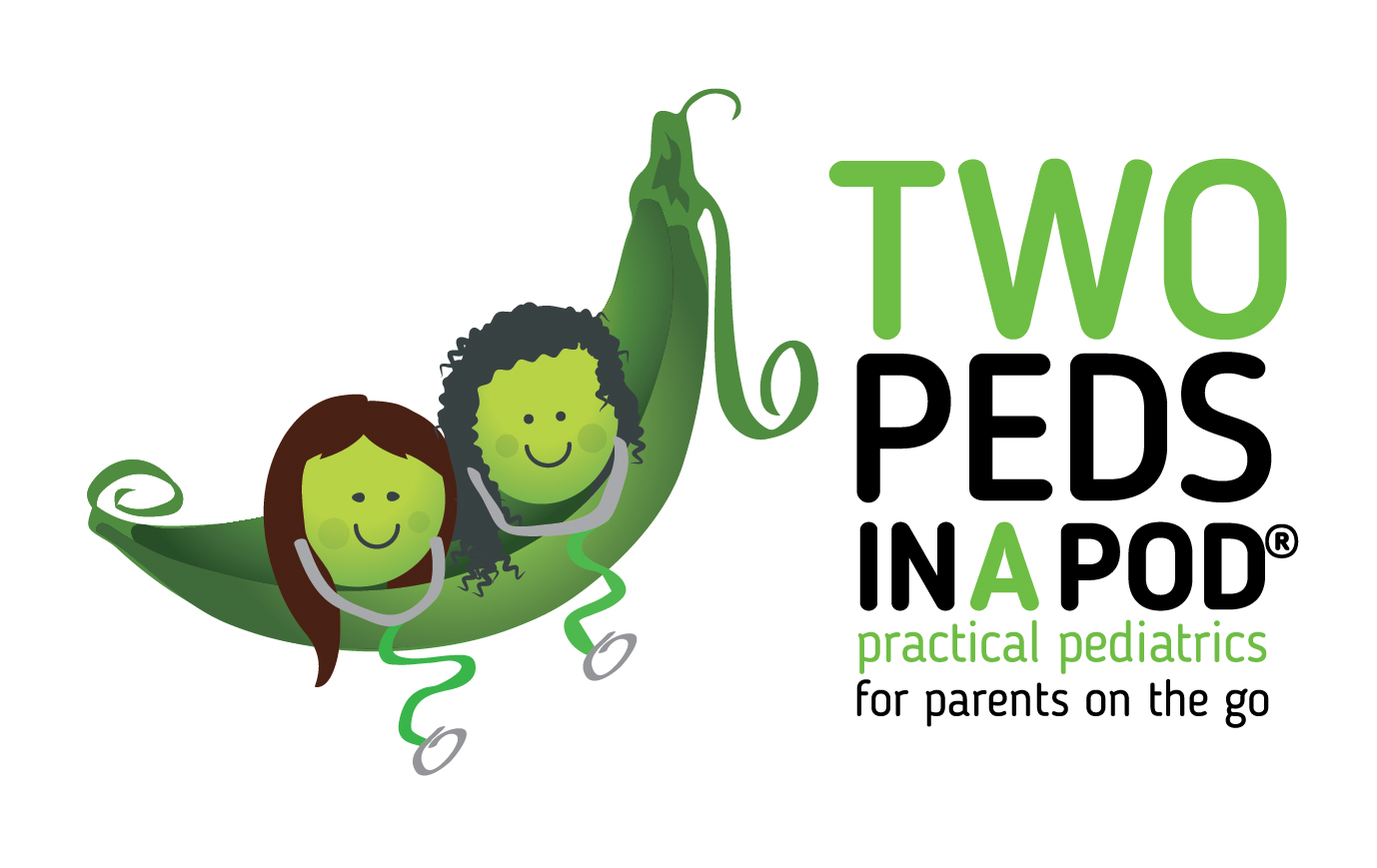We’re back from the 2015 American Academy of Pediatrics conference where there was a call for pediatricians to focus on ways to identify and prevent the effects of toxic stress on children. Research shows toxic stress is disruptive to the developing brain, and has lifelong health ramifications. So in the future, look for more posts on ways for you to help the children in your family and community embrace stress and promote resilience. To start off, we look to the wise words of the late Dr. Barry Ginsberg on how to talk to young children. Whether you are discussing a dinner clean-up or tackling a complex issue such as an impending divorce, keep in mind that talking to a young child is not the same as talking to a “little adult.”
Julie Kardos, MD and Naline Lai, MD
When children are young, it’s important to be receptive to what we call teachable moments. Be prepared to respond when you perceive that your child is ready and then follow your child’s lead. Here’s such a moment:
Johnny, age three, asks Sam, his dad, “Why do I have to go to day care?”
Sam could explain that it’s important to be with other children, or that he has to go to work. But instead, he realizes that he first needs to respond to Johnny’s feelings. So he says, “You’re not happy about going.”
Johnny says, “Yes, I want to be with you.”
“It makes me feel good that you want to be with me,” Sam says, going to a positive feeling first. Then, he refers to his own feelings by saying, “That’s important to me, too.”
Only after Sam says this does he become specific and answer Johnny’s question with facts: “It’s important to go to day care because I feel better knowing where you are and that you are safe when I’m at work.”
This was a teachable moment. Sam paid attention to Johnny’s feelings, acknowledged both their feelings, and offered a reasonable explanation. This demonstrates Sam’s respect for his son. As a result, Johnny truly “heard” his father.
When talking with young children, keep the following in mind:
- Young children express themselves mostly through play.
- Play is how they go about understanding their world and experiences.
- Letting a young child lead you in play helps you understand the child better.
- It may be hard to get a young child to let you know that she understands you. Forcing her to respond may be threatening to her and frustrating for you.
- Even though children may not seem to be showing you that they understand, they probably do.
- Keep your comments short and simple. As much as possible, try to phrase things in children’s terms, let them know you understand their feelings and use your feelings when you want to let them know what you want. For example, “You’d like to keep playing but I’m unhappy that the toys aren’t picked up,” and “The rule is that toys are put away before dinner.”
- If you want children to understand or do something, you need to be patient; repeat it a few times; gently convey through your movements what you want; and try not to act out of your frustration.
- Try to be consistent, and have clear rules and expectations.
- Pay attention to children’s feelings when talking to them.
Read these nine suggestions over a few times. It takes a little practice to use them consistently. Be patient with yourself. You’ll get it after a while.
Barry G. Ginsberg, PhD, ABPP, CFLE
Posted with permission from 50 Wonderful ways to be a Single-Parent Family. Child psychologist Dr. Barry Ginsberg served as a beloved child and family psychologist in Bucks County, PA since 1969 until his recent death.
To learn more about the American Academy of Pediatrics resilience project: Theresilienceproject
For a set of skills, experiences, relationships, and behaviors that enable young people to develop into successful and contributing adults: The Search Institute
©2010, 2015 Two Peds in a Pod®




